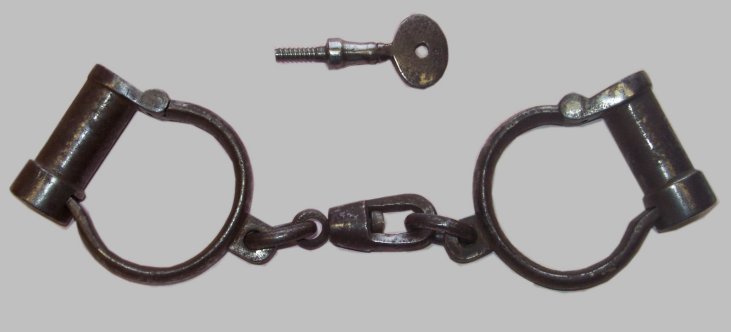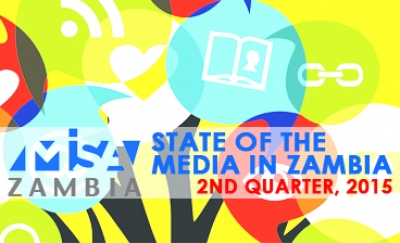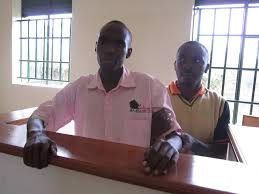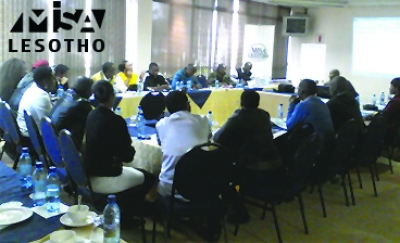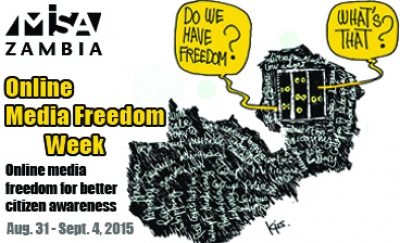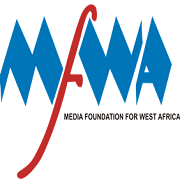Police in Jinja district in Eastern Uganda have on October 15, 2015 shot and injured a Radio One correspondent in the area, Ivan Vincent Mukisa. He was covering a scuffle between police and supporters of Dr. Kizza Besigye, the Forum for Democratic Change (FDC) presidential flag bearer for the 2016 general elections.
Police fired teargas and rubber bullets at Besigye’ supporters who were protesting the arrest of one of their area leaders. Mukisa was admitted at a local health center, and was reportedly recovering.
On the same day, police arrested Alfred Ochwo, a journalist working with The Observer newspaper for taking photographs of the arrest of an opposition politician, Ibrahim Ssemujju Nganda at his home in Busiika, Kira Town Council in Wakiso District. Ssemujju is a Member of Parliament for Kyadondo East and spokesperson of the opposition Forum for Democratic Change.
Ochwo was detained for four hours before he was released without recording a statement or any charges. “I was arrested on the orders of Siraje Bakaleke, the Kampala Metropolitan Police Commander for Southern region, when he saw me taking photos as the police were beating Ssemujju during his arrest.” Ochwo told HRNJ-Uganda. He said he was forcefully arrested and thrown under the seats of the police patrol car and driven to Naggalama police station; from where he was ordered to surrender all his belongings and kicked to force him remove his shoes. Bakaleke later released him and drove him back to Kampala.
In a related development, police assaulted journalists in Kampala who were covering the detention of Ssemujju at Kira Road Police Station in Kampala. They included journalists of two private TV stations NTV and NBS who were relaying live the events. The victim journalists were Julius Ssenkandwa, Sheila Nduhukire and Abubaker Zirabamuzaale and Joseph Sabiiti and Remmy Bahati respectively. Journalists from other media houses included; Nasser Kayanja, Ronald Muhindo, Stephen Kafeero, Nicholas Bamulanzeki, Kenny Kazibwe, among others.
“The police did not want us to cover the events. They confronted us and pushed us from the police premises all through across the road. They used force and body amours to push us. They wanted to destroy our gadgets and interfere with our live coverage” Sabiiti told HRNJ-Uganda. This was corroborated by other victims HRNJ-Uganda talked to.
These series of attack on journalists come barely a day since the inspector General of Police, Gen. Kale Kaihura warned to deal with media houses which cover opposition related political activities. He singled out NBS and NTV for their live coverage of such events.
“This emerging spate of police actions on the media are a clear indication that the freedoms of the media, speech and expression are under direct attack by the very police force that is mandated to safeguard them for the benefit of all Ugandans. It is not criminal for the media to trail and cover political contestants.” said HRNJ-Uganda’s National Coordinator Robert Ssempala.
HRNJ-Uganda




